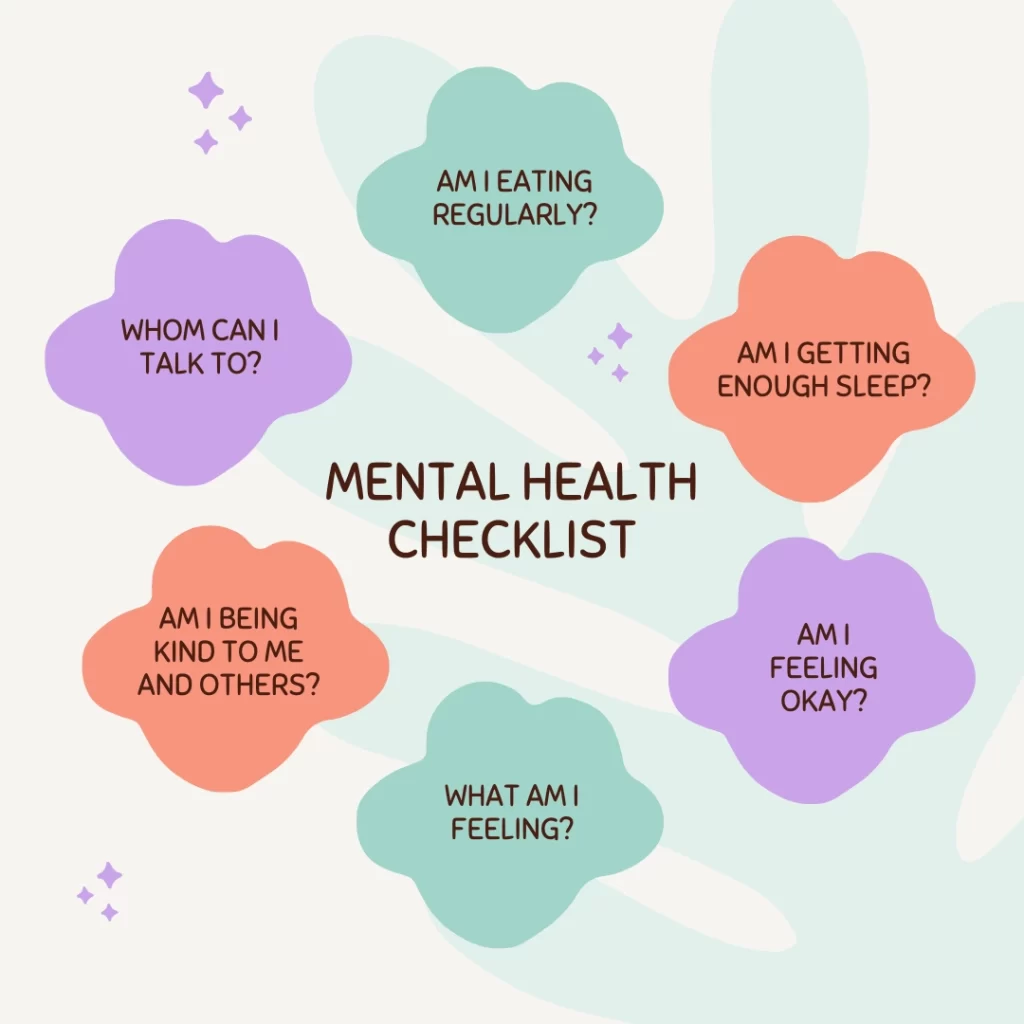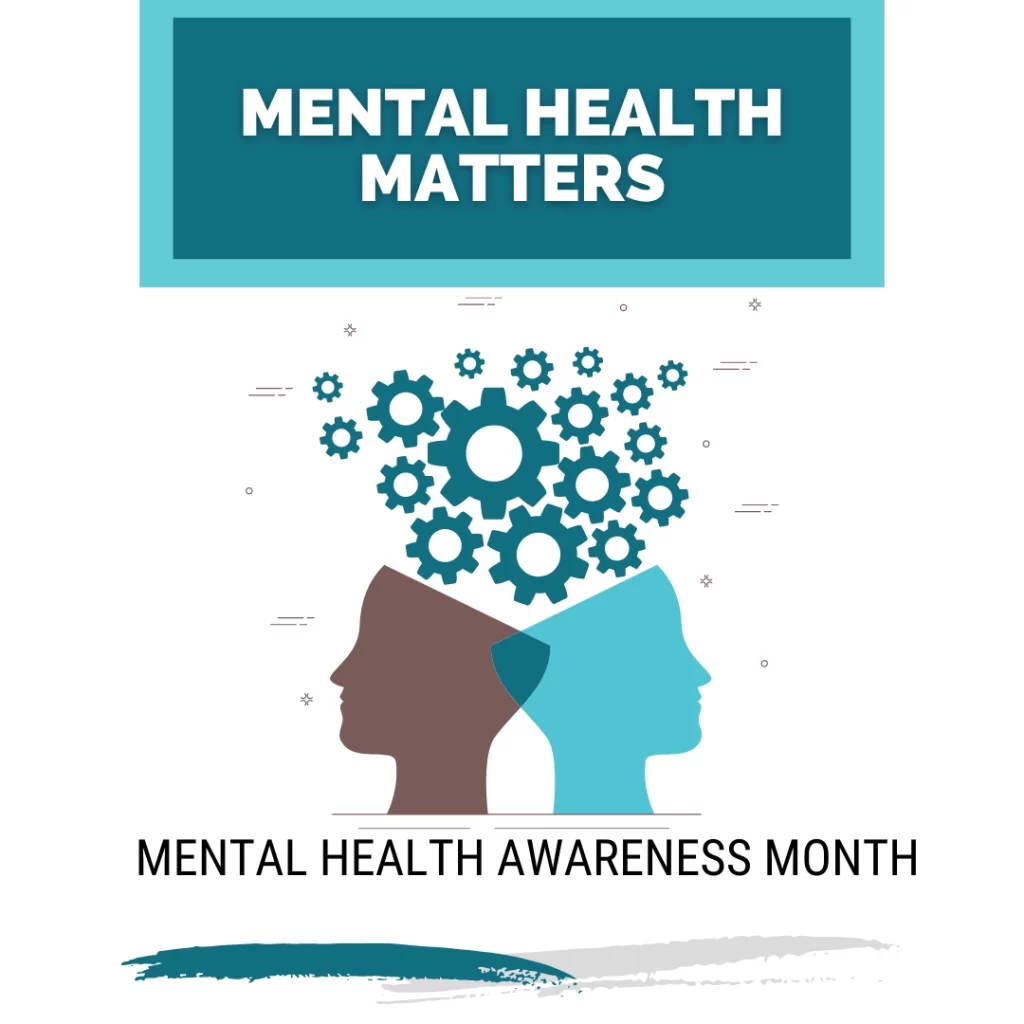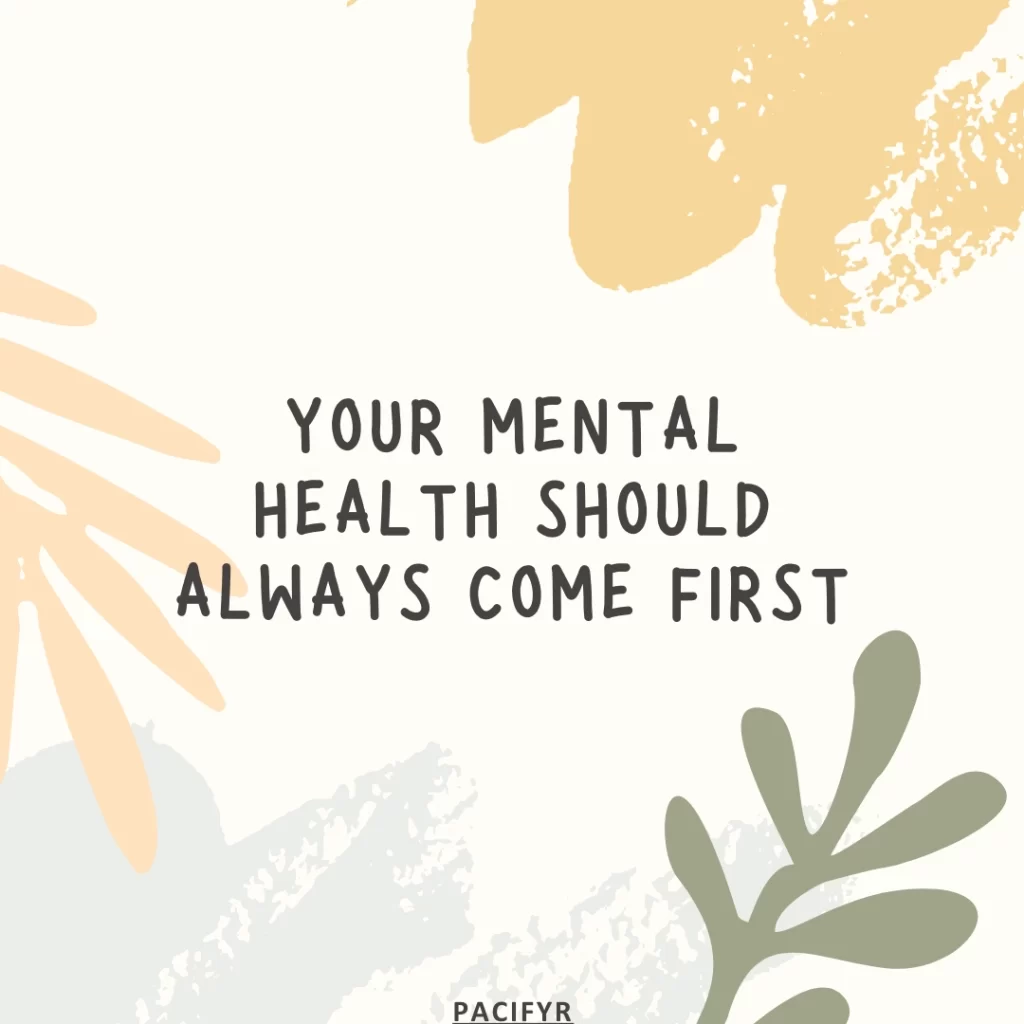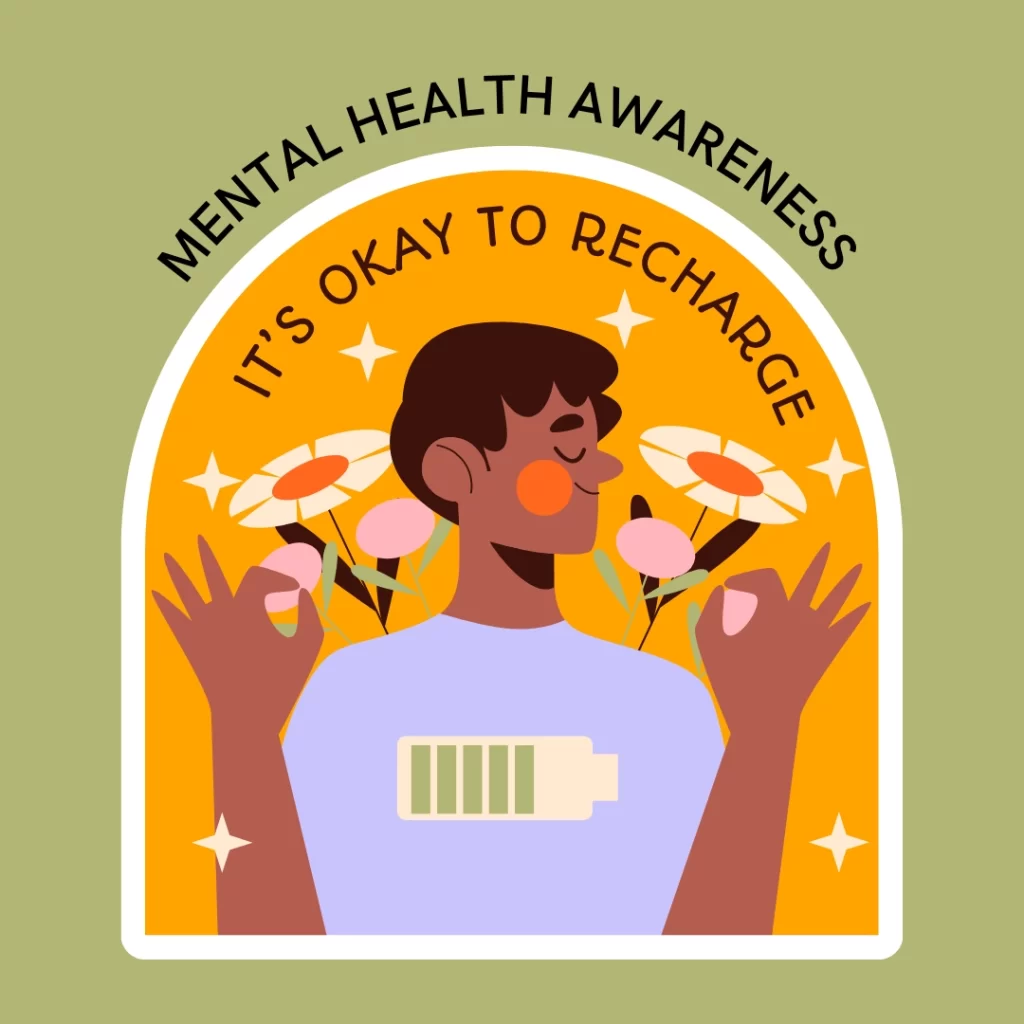May is Mental Health Awareness Month, a crucial time to shine a light on mental health issues affecting people across all age groups. Young adults, in particular, face unique challenges that can significantly impact their mental well-being.The pressures of transitioning into adulthood, managing academic and professional demands, and maintaining personal relationships can create a perfect storm of stress and anxiety. This blog post aims to spread awareness about mental stress and work-life balance issues among young adults and explore how online mental health sessions can provide vital support.
Understanding Mental Stress in Young Adults:
Mental stress is a common issue among young adults due to several factors:
- Academic Pressure: College students often juggle intense coursework, part-time jobs, and extracurricular activities,leading to overwhelming stress.
- Career Uncertainty: Young professionals face the pressure of securing stable employment, meeting job expectations,and advancing their careers.
- Social Media: The constant comparison on social media can lead to feelings of inadequacy and low self-esteem.
- Financial Strain: Student loans and the high cost of living can create significant financial stress.
- Personal Relationships: Managing relationships with family, friends, and partners can add to the stress load.

The Importance of Work-Life Balance:
Work-life balance is crucial for maintaining mental health. For young adults, achieving this balance can be particularly challenging as they establish their careers and personal lives. A healthy work-life balance helps to:
- Reduce Stress: Allocating time for relaxation and hobbies helps to recharge the mind and body
- Improve Mental Health: Balanced life activities reduce the risk of anxiety and depression.
- Increase Productivity: A well-rested mind is more efficient and creative.
- Enhance Relationships: Spending quality time with loved ones strengthens personal bonds.
Spreading Awareness Among Young Adults:
To address mental stress and promote work-life balance, we need to spread awareness through:
- Education: Providing information on the signs and symptoms of mental stress and effective coping strategies.
- Encouragement of Open Dialogue: Creating safe spaces where young adults feel comfortable discussing mental health issues without stigma.
- Resources: Sharing information about mental health resources, including hotlines, counseling services, and online support groups.
- Promoting Self-Care: Emphasizing the importance of regular exercise, healthy eating, and mindfulness practices.
- Workplace Policies: Advocating for employer policies that support work-life balance, such as flexible working hours and mental health days.

The Role of Online Mental Health Sessions:
Online mental health sessions can be a game-changer for young adults struggling with mental stress and work-life balance issues. Here’s how:
- Accessibility: Online sessions break down geographical barriers, making mental health support accessible to anyone with an internet connection.
- Convenience: Young adults can schedule sessions around their busy lives, ensuring they receive help when they need it most.
- Anonymity: The option for anonymous sessions can encourage those hesitant to seek help to do so.
- Variety of Services: From one-on-one therapy to group sessions and workshops, online platforms offer a range of services to suit different needs.
- Affordability: Online sessions often cost less than in-person therapy, making mental health support more affordable.

Conclusion
As we observe Mental Health Awareness Month this May, let’s focus on the mental health challenges faced by young adults. By spreading awareness about mental stress and the importance of work-life balance, and promoting the benefits of online mental health sessions, we can create a supportive environment where young adults feel empowered to seek help and prioritize their mental well-being.
Call to Action
If you or someone you know is struggling with mental health issues, don’t hesitate to reach out for help. Explore online mental health resources like Pacifyr and consider scheduling a session with a Pacifyr mental health professional today.Remember, taking care of your mental health is not a luxury—it’s a necessity.
By fostering a culture of understanding and support, we can make a significant impact on the mental well-being of young adults. Let’s work together to create a healthier, happier future




